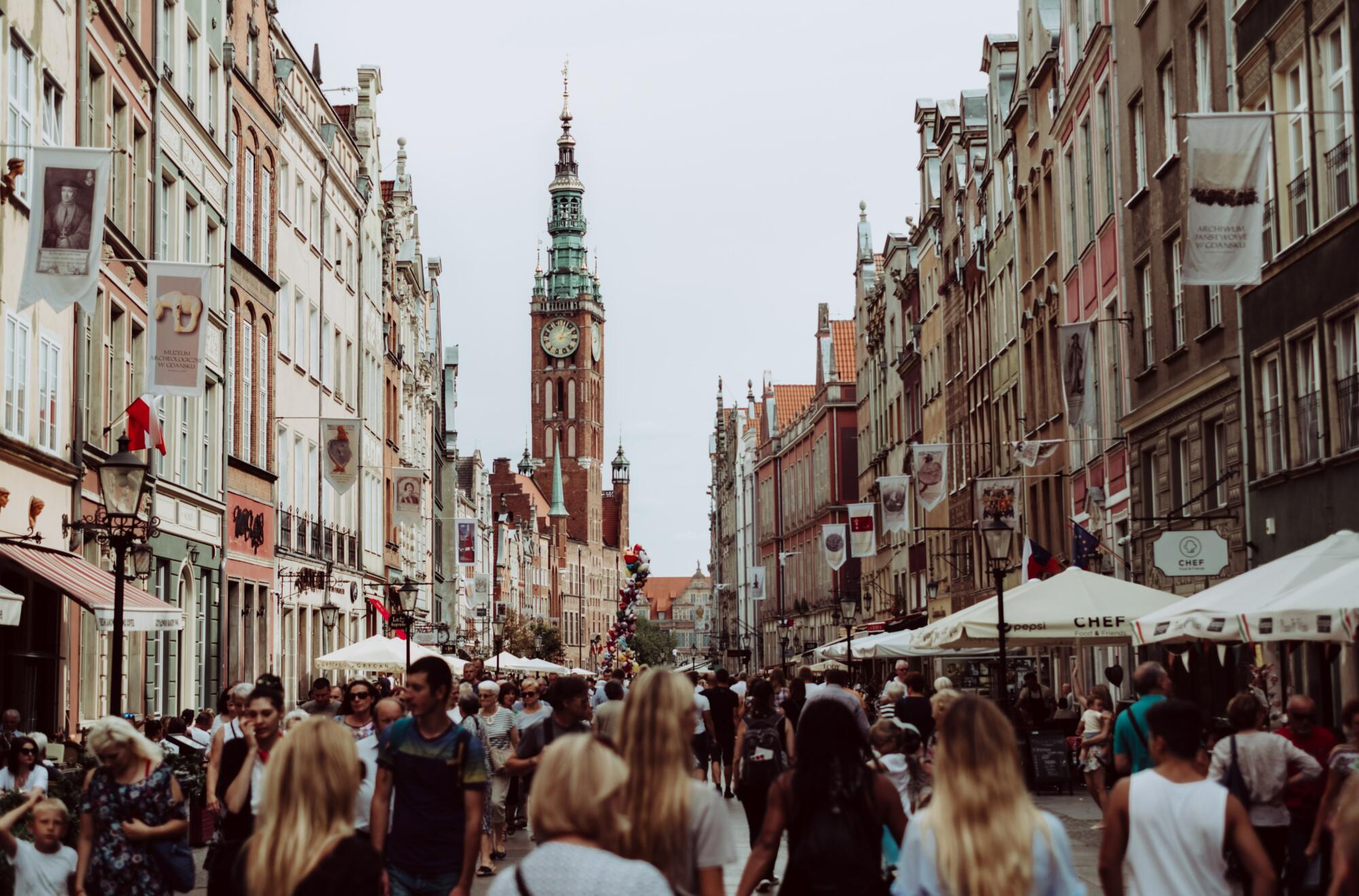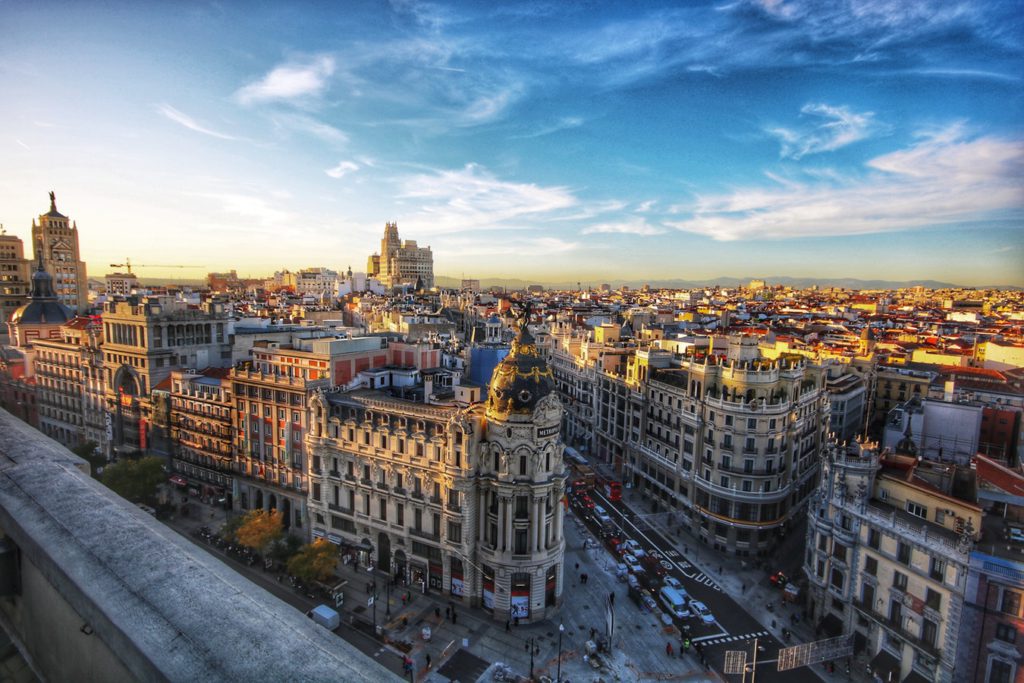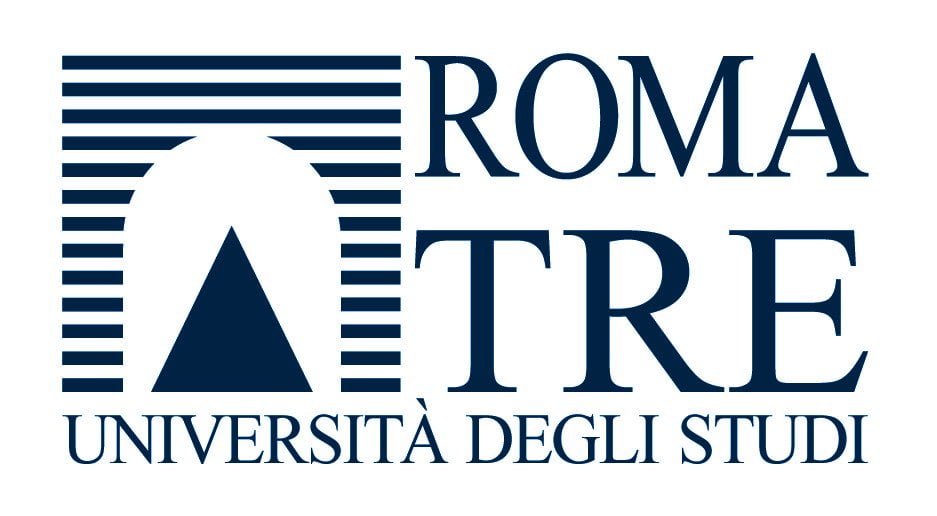POLIS contributes to new reports on tourism and freight after COVID-19
The European Parliament’s Committee on Transport and Tourism (TRAN) has published a series of reports on transport and tourism after COVID-19, aided by contributions by POLIS.
COVID-19 disrupted- and continues to disrupt- regional, national and international transport networks across Europe (and beyond), affecting public transport, freight, tourism.
TRAN is responsible for scrutinising the European Commission’s work on transport and tourism, two major economic sectors. The research, which several POLIS colleagues contributed to, provides an overview of the repercussions of the COVID-19 pandemic these sectors as well as policy recommendations to address the challenges emerging from the crisis.
The reports provide an overview of actions taken at EU, national and municipal levels, reviewing their effectiveness, and exploring avenues for future development.
Freight
International trade fell by 19% in the second quarter of 2020 compared to the year before, due to the effects of COVID-19 on the global economy, which affected the revenues and viability of the freight transport sector.
The TRAN report outlines the impacts of the virus, lockdowns, quarantines, border closures and movement restrictions across manufacturing, transportation and logistics.
Particular attention is paid to urban freight. The sector encountered a range of obstacles, as demand for goods and e-commerce soared, yet logistics chains were simultaneously disrupted, forcing cities and delivery operators to rapidly, and radically, adapt their services.
Indeed, we saw the proliferation of more flexible and sustainable last mile options including parcel lockers and pick-up and drop-off points, as well as alternative urban freight transport vehicles, e.g. cargocycles- a topic discussed widely across POLIS Urban Freight working group.
The report explores the impacts of the pandemic in tandem with wider transformations across urban freight, examining the future of digitalization, data usage, low emissions zones for freight (LEZ-Fs) and electrification.
Recommendations including training programme on digital skills such as data analytics, clear and flexible regulatory frameworks that allow for experimentation (e.g. automated vehicles, drones, etc.) and more.
You can read the full document here.
Travel and tourism
The pandemic has been incredibly detrimental to the tourism industry. From 2019-2020 the contribution of tourism to total GDP in Europe halved from 9.5% 4.9%; while international tourism arrivals in Europe dropped by 70%. The World Travel & Tourism Council (WTTC) reported that 3.6 million jobs were lost in Europe in 2020.
The report examines the effects of the pandemic and responses, before providing recommendations for rebuilding travellers’ confidence and supporting the sector.
Drawing from good practices adopted by POLIS members including Rome, Madrid and others, the report explores the responses taken at national and local level, as well as reviewing the EU’s digital COVID certificate and how this can further be harmonised.
Critically, the report also highlights the ways cities and regions can further support more sustainable tourism, reopening the sector while continuing to work towards green deal objectives.
Find the travel and tourism report here.
Want to know more?
The topic of redesigning logistics is discussed across our urban freight working group, where members share innovative approaches to new, flexible and sustainable freight solutions. You can find out more here.
Transport and tourism is also a key topic for POLIS’ Regions working group, which brings together our regional members.


